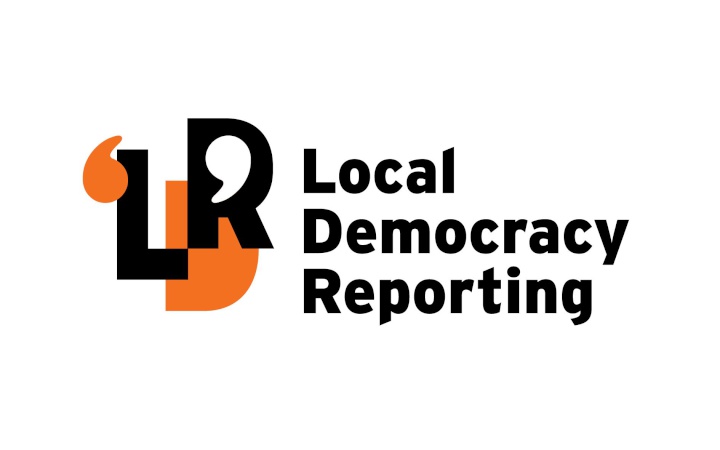Some short-term rental owners can expect to pay thousands less in rates than Rotorua’s council previously proposed.
Rotorua Lakes Council contentiously proposed through its draft long-term plan to help tackle Rotorua’s housing shortage by charging commercial rates to properties advertised for at least 60 days a year as short-term accommodation.
This previously applied to such properties occupied at least 100 days a year.
Hosts would also pay a business and economic development targeted rate under the proposal and the council estimated the changes could generate $900,000 a year.
Mayor Tania Tapsell told a public meeting last month it had been difficult to find a balance between casual hosts covering their mortgage and those collecting “very significant profits”.
The council admitted it could have been clearer communicating it would impact whole-house rentals, not bedrooms in occupied homes or extra units. It received at least 70 queries after sending 912 letters to potentially impacted ratepayers.
Through consultation it heard from the likes of Rob Steadman, who believed it to be unfair and asked for a reduced rate.
His submission asked why he was notified 19 days into consultation and asked for any rates change to be deferred to allow time for owners' rental price adjustments.
Councillors deliberated on three options:
One - go with what was proposed by charging a commercial rate for those advertised for more than 60 days, as well as the business and economic development targeted rate;
Two - charge the business and economic development targeted rate but not the commercial rate;
Three - no charge added meaning the council would need to commit to a further 0.4 per cent rates increase.
The second option would reduce the proposed rates increase to short-term accommodation providers by more than 60 per cent compared with a fully commercial rate as proposed in option one.
An example of how each model would impact rates increases on a property valued $760,000 would be as follows: Option one, $8159.96; option two, $6539.44; option three, $4164.29.
At a council long-term plan deliberation meeting on Thursday, councillors voted to proceed with option two, and asked council chief executive Andrew Moraes to set up a working group including representatives from the short-term accommodation sector and broader tourism sector to review the policy and propose any improvements. It would be reviewed after two years and after no more than three.
The targeted rate goes towards funding RotoruaNZ, the district’s council-controlled marketing agency.
Councillor Rawiri Waru said during deliberations the 60 days advertised model did not “ring right” to him and hoped the working group would lead to something “more agreeable to the whole sector”.
Councillor Conan O’Brien did not support the option as he viewed it as implementing a policy before consultation.
“We are turning around, using a chainsaw to cut melting butter.”
He believed the proposal was based on a year of activity the public did not know they “were being judged or counted on”.
“The people have told us, ‘leave it’.”
Tapsell said it had been a transparent process, including by holding public workshop sessions. She said the proposal would “continue to be a work in progress”.
Councillor Robert Lee noted the submission period was also extended.
Lee believed while it was not perfect there was an opportunity for it to be refined.
He asked council corporate services group manager Thomas Colle about the models it chose, saying a lot of feedback it received offered alternatives.
Collé said its previous method had been difficult to enforce and compliance cost proving advertisement instead of occupancy was “less onerous”.
Voluntary registration methods were also hard to enforce, he said. Methods involving fees and charges were “often tied to legislation” and not a mechanism available to the council.
Councillor Karen Barker said it had been a “highly debated” issue among both the public and councillors and it was important to get the working group established early.
Collé said a change in use of a property would be updated at each rate setting. It cannot be re-assessed mid-year but a rates remission mechanism could be applied.
If someone was incorrectly identified it could be reassessed.
He said among other impacts, any deferral of the plan until next year would impact rates revenue.
Collé said, depending on what option councillors voted for, about 20 people indicated they would withdraw advertisement of their property next year.
A final plan will be adopted on June 26.
- LDR is local body journalism co-funded by RNZ and NZ On Air.



 Gordon Campbell: On The History Of Doo Wop Music
Gordon Campbell: On The History Of Doo Wop Music Wellington City Council: 'I Am Focused On Continuing The Momentum' – Mayor Tory Whanau
Wellington City Council: 'I Am Focused On Continuing The Momentum' – Mayor Tory Whanau Love Food Hate Waste: From Overbuying To Overcooking - Food Waste Challenges Impacting Smaller Households
Love Food Hate Waste: From Overbuying To Overcooking - Food Waste Challenges Impacting Smaller Households NZ Government: Strong Biosecurity More Important Than Ever
NZ Government: Strong Biosecurity More Important Than Ever Environmental Defence Society: Regulatory Standards Bill Should Be Stopped In Its Tracks
Environmental Defence Society: Regulatory Standards Bill Should Be Stopped In Its Tracks NZ Police: A Minute's Silence And Livestream Of Funeral Service For Senior Sergeant Lyn Fleming
NZ Police: A Minute's Silence And Livestream Of Funeral Service For Senior Sergeant Lyn Fleming Socialist Equality Group: Foreign Interference Bill Prepares New Attacks On Democratic Rights
Socialist Equality Group: Foreign Interference Bill Prepares New Attacks On Democratic Rights


